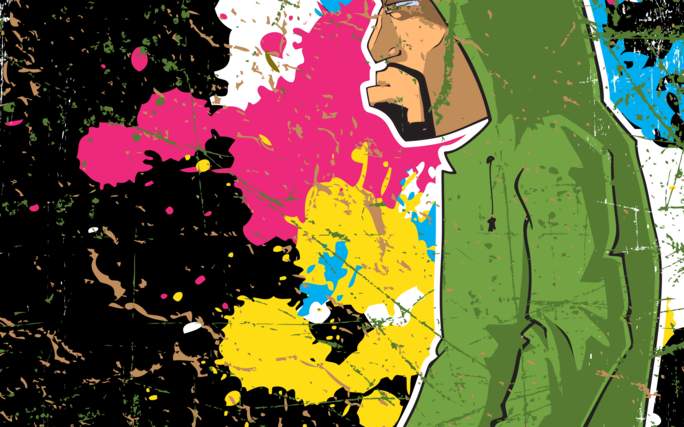Part 3 of a series looking at The Elephant & Macaw Banner Roleplaying Game - see part 1, the overview, here: "What is The Elephant & Macaw Banner Roleplaying Game?"
The game is on Kickstarter until 29 Februray 2020, translated into English by yours truly. CLICK HERE to see the project page!

Character Creation in The Elephant & Macaw Banner
Making a PC in EAMB is based on a points-spending system, but at character creation the game keeps things simple by giving fixed skill values that add up to the righ tamount, rather than presenting the player with a blank canvas to decide on. But I'm getting ahead of myself.
Step One is your character's background history. The game provides prompts for this:
- Where was this character born?
- In what other places have they lived?
- What were their parents like or the people who raised them?
- Which culture (or cultures) shaped who they are today?
- What did they do before this adventure?
- Did they have any other job?
- What are the principal motivations of your character?
Second come the skills. Standard starting charatcers are aged between 18 and 22, and have 20 learning points (i.e. there's no difference in costs between starting character builds and later experience).
The standard array is one skill at Master level (that's level 3, the highest); two skills at Practitioner (level 2); and level 1 for the character's native language, plus six other skills.
Having only level 1 in your native language seems odd at first glance, but here's the relevant text from the skills section:
Languages with a written component can be acquired
up to level 3. For languages without a written form, there is only level 1.
Level 1 – The character acquires functional
fluency in the spoken language. You can
communicate very well in the language and
even serve as an interpreter if you master two
languages up to this level.
Level 2 – Upon acquiring level 2, the
character develops the ability to read and
write the language.
Level 3 – Level 3 is where the student
masters the language and is able to write
eloquent, incisive texts. This level of study
is indispensable for poets, writers and
academics.
So basically level 1 is "Yes, I do speak [language]" and the higher levels are particularly advanced.
Then there are Characteristics - there's a whole bunch of these listed and the game recommends taking at least one that isn't a positive trait. Interestingly, they don't have mechanical weight: they're just there as roleplaying prompts on your character sheet.
Initial Gear is more or less what you'd expect: the classic 'set of clothing, backpack, etc.', then relevant tools for people who have professional or craft skills and so on. Oneitem that stood out to me is that, this being a game mostly of jungle adventure, everyone's basic equipment includes a hammock.
Finally, we get the 'how tough/magic/etc' are you part. Again this is simple. Everyone has Endurance of 10, then some skills add a point of Endurance if you have them at level 3, to a maximum of 15.
Your Passive Defence is your armour - it's 0 by default, and wearing a helmet or a cuirass or something adds to it.
Active Defence is your ability to defend yourself - it's based on your weapon skill, plus one if you have a shield, and it determines the target number to hit you in melee combat.
Finally, Energy is the score used to fuel supernatural powers. So it's 0 unless you have Faith, Ifa or Breath skills (I'll leave discussion of that for a later blog post.)
And that's that! One thing the book doesn't have is a list of names, which particularly for indigenous PCs might be hard for the English-speaking gamer to come up with. I know I can't.
Fortunately the internet is here to save and/or destroy us, and "Behind the Name" has a decent few to get one started. I don't know a good source for Fon names yet, though.
Portuguese: https://www.behindthename.com/names/usage/portuguese
Tupi https://www.behindthename.com/names/usage/tupi
Yoruba https://www.behindthename.com/names/usage/yoruba
Ewe https://www.behindthename.com/names/usage/ewe
Igbo https://www.behindthename.com/names/usage/igbo

Comments